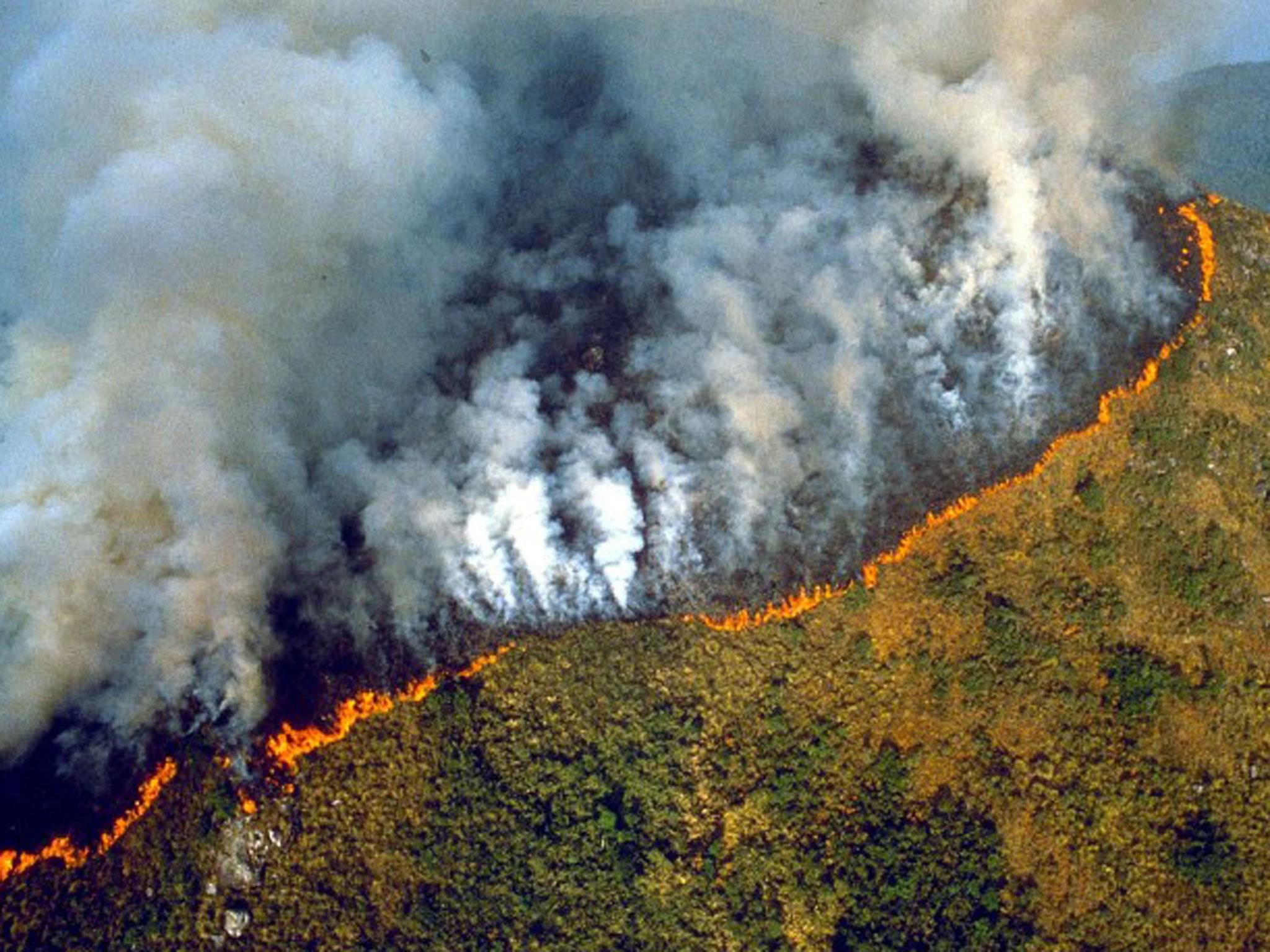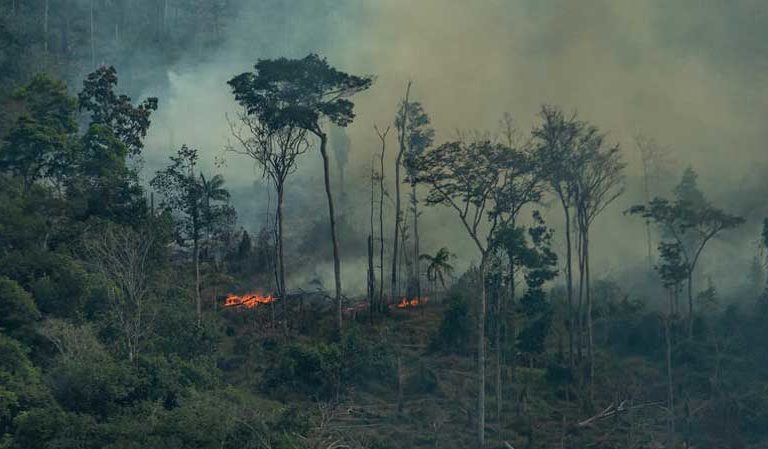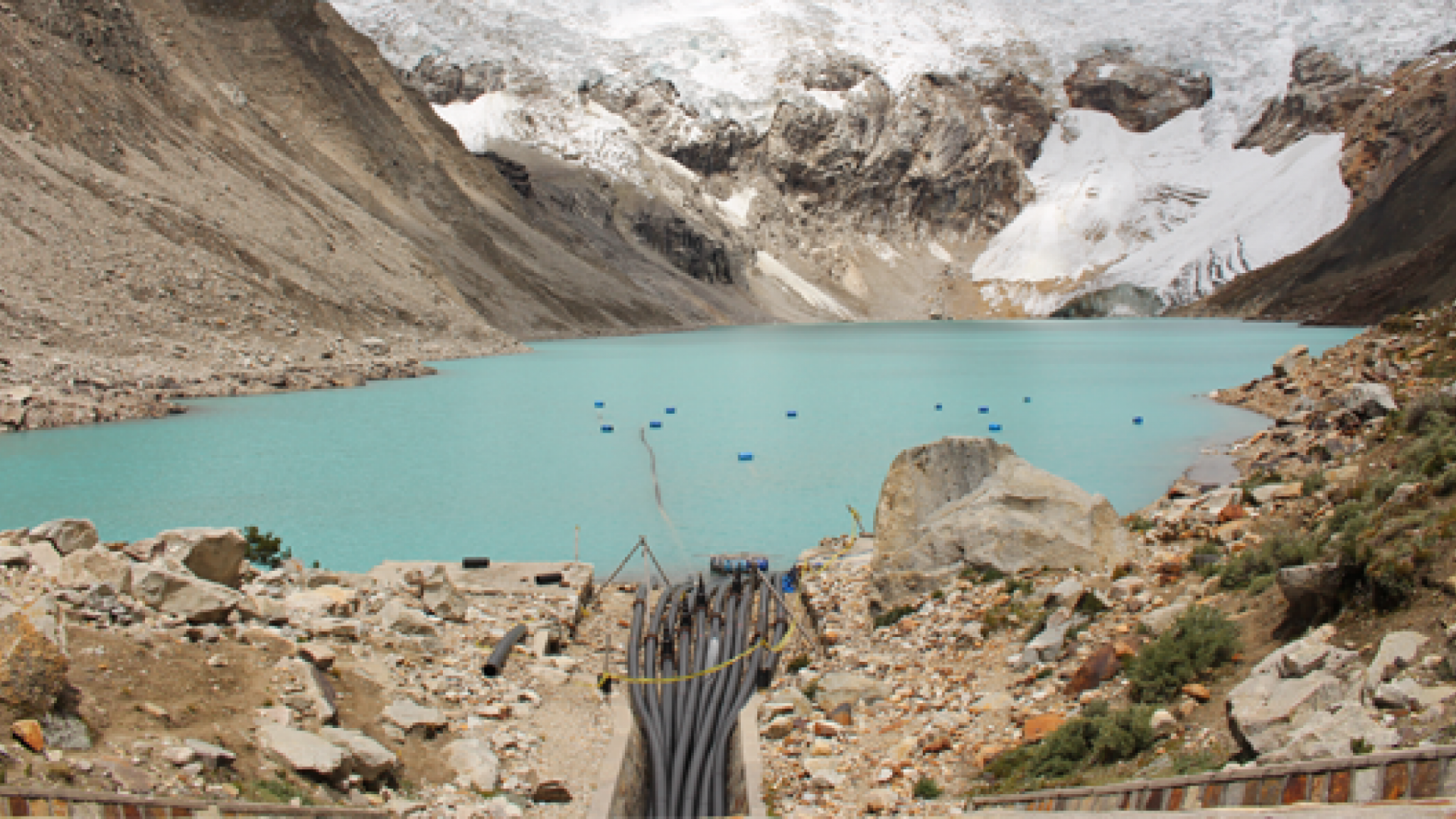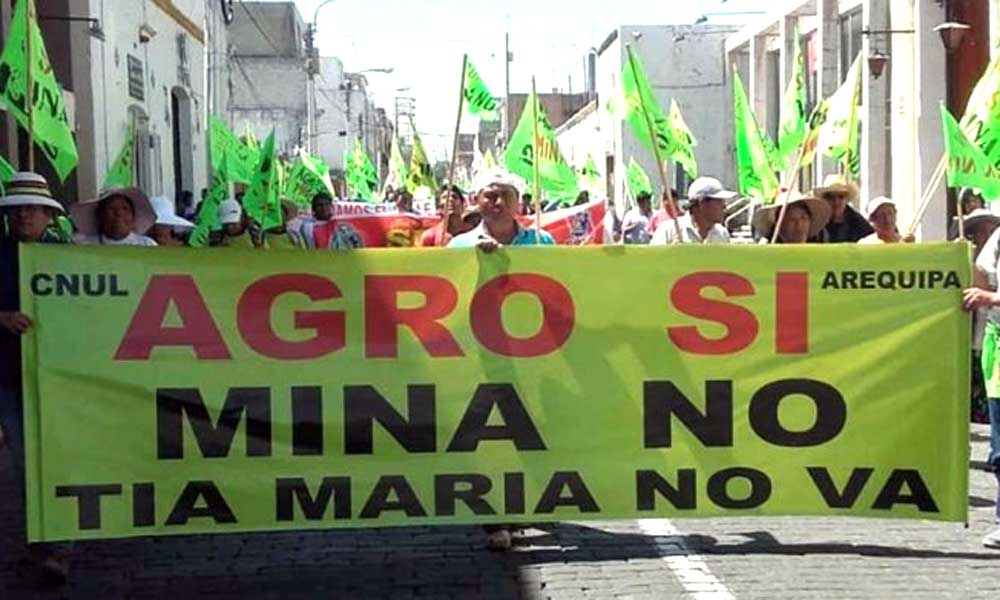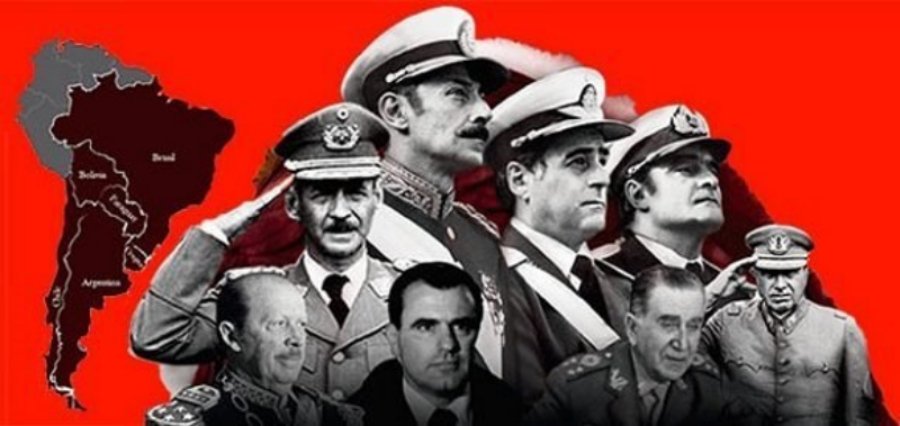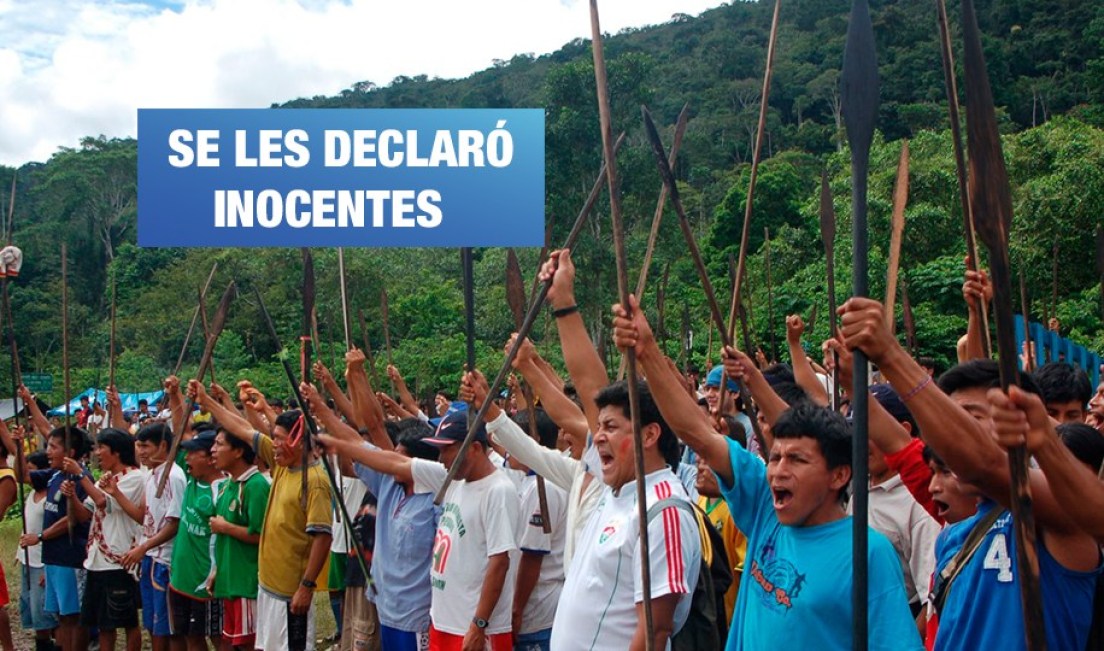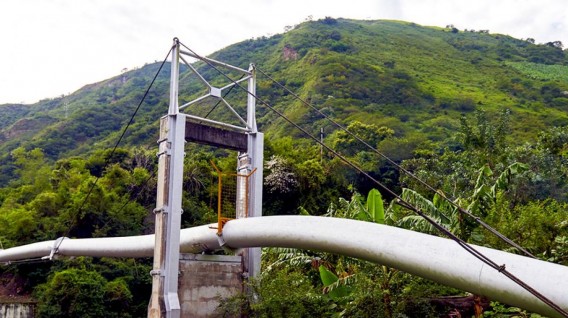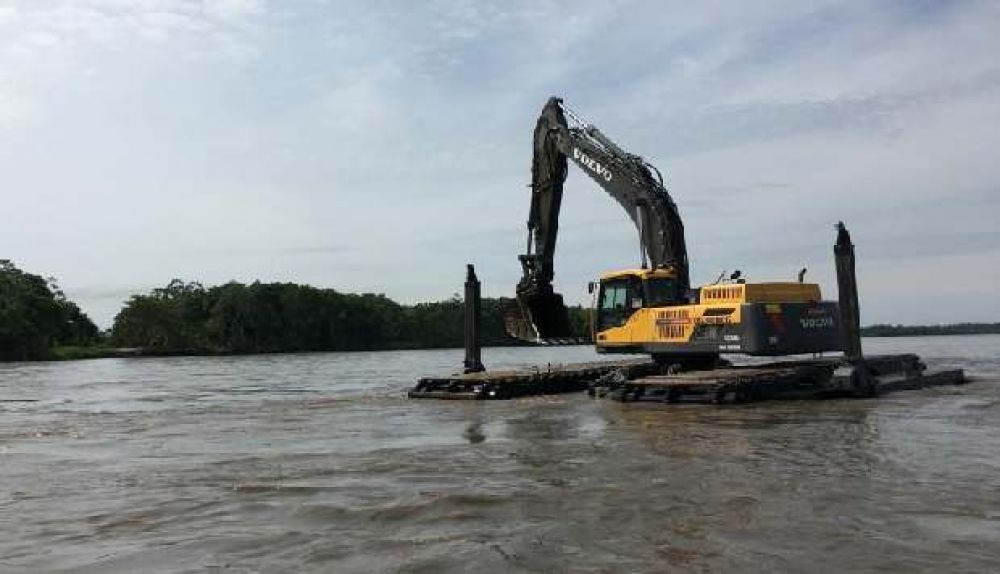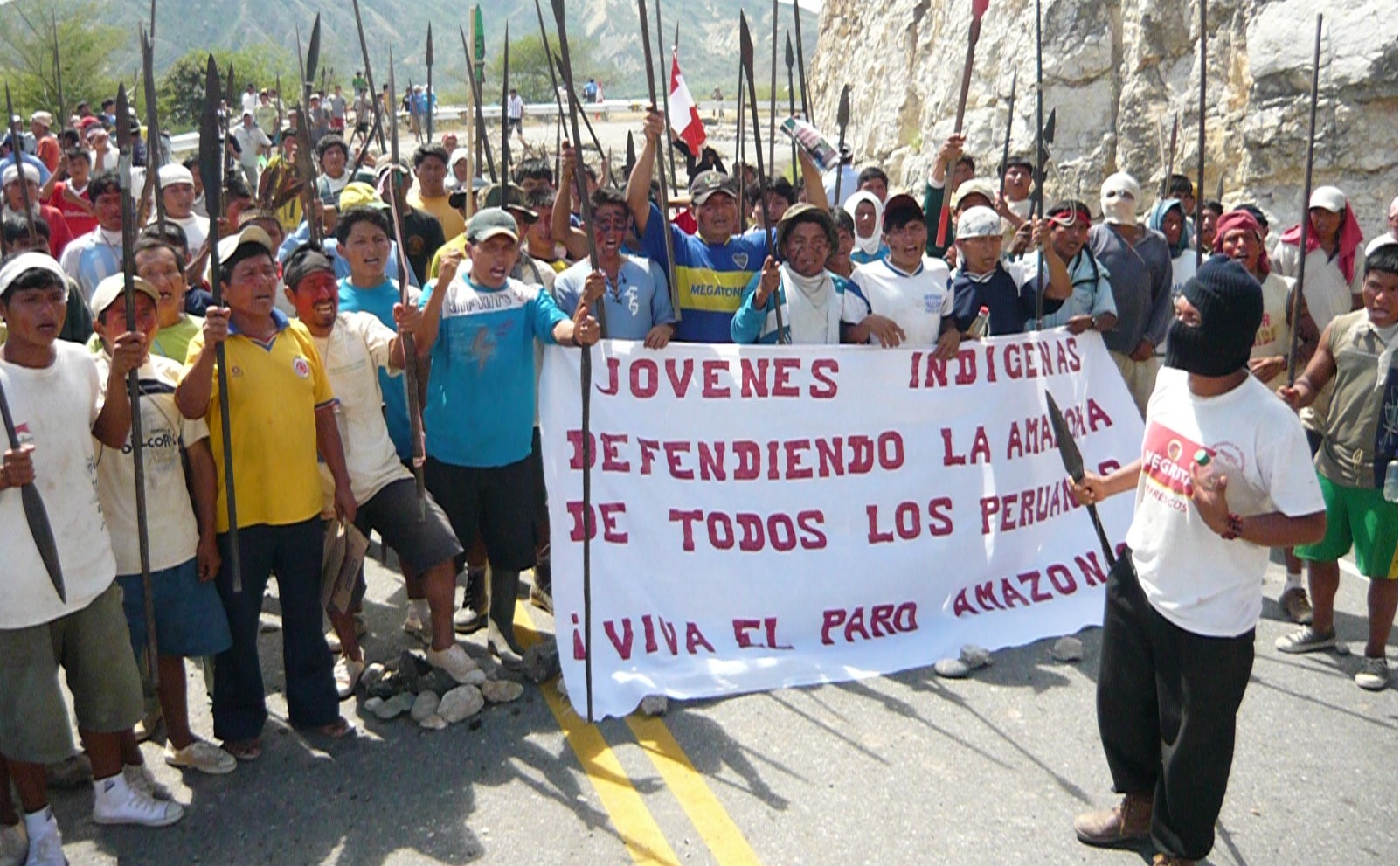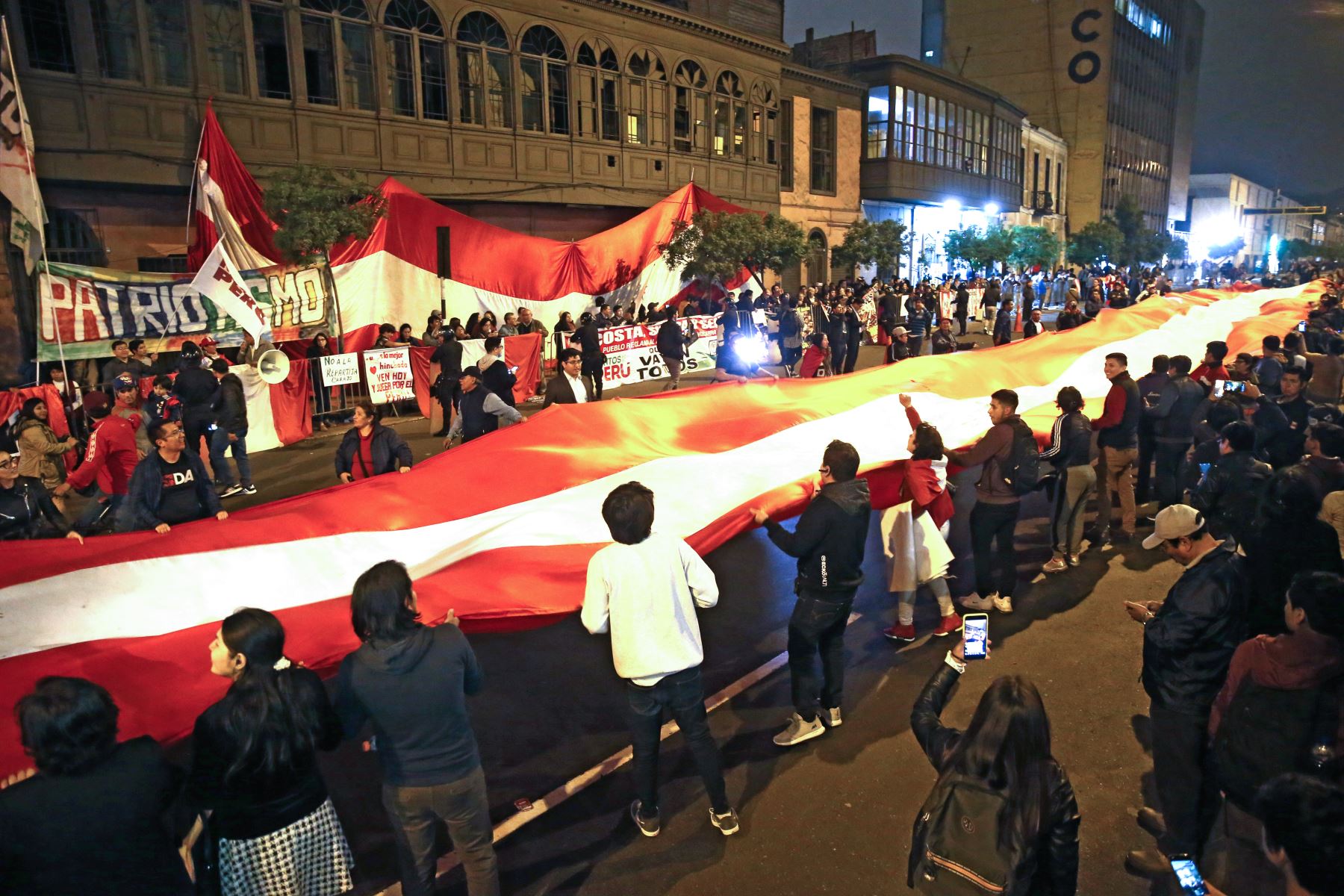
Constitutional crisis in Peru
President Martín Vizcarra of Peru ordered Congress to dissolve, prompting opposition lawmakers to vote to suspend him and plunging the nation into crisis. Vizcarra maintains the vote has no legitimacy because it came after Congress itself had been dissolved. Vizcarra and the right-opposition bloc in control of Congress have long been divided over the ongoing political scandal in Peru. The Congress building has been sealed off by troops, but some 20 lawmakers remain inside and are refusing to leave. The chamber of commerce, CONFIEP, rejects Vizcarra’s move as a “violation of the constitution.” But thousands of joyous demonstrators have filled the streets of Lima in support of the dissolution, shouting the ubiquitous slogan, “¡Que se vayan todos!” (Throw them all out!). (Photo: Andina via La Mula)



